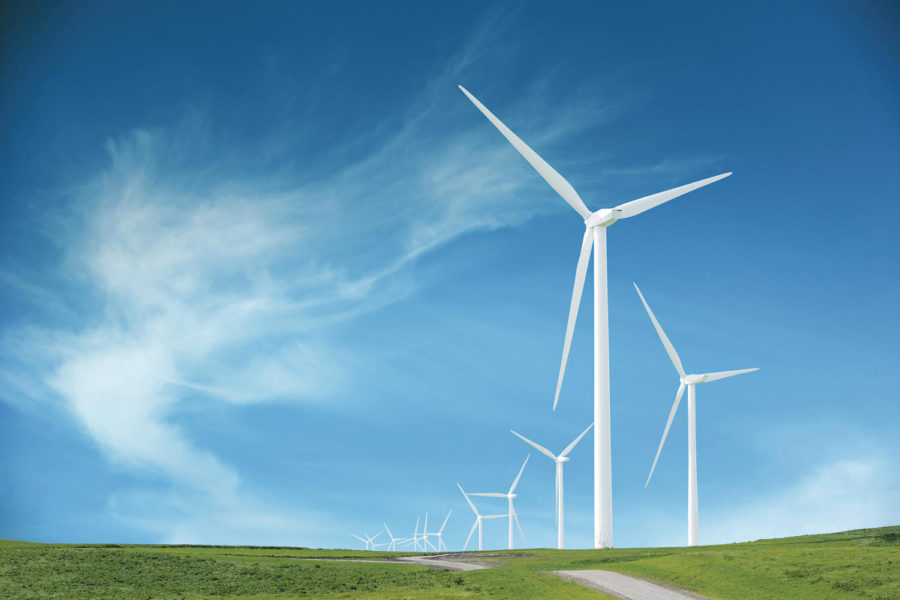Letter to the editor: Wind energy Ph.D. will be interdisciplinary problem solver
Opinion: Wind Energy 10/2
October 1, 2012
In regards to the editorial on Wednesday, Sept. 26, “Windy Ph.D. spins around specialization,” leaders of the interdepartmental Ph.D. program in wind energy science, engineering and policy have collaborated in writing this letter to provide three perspectives alternative to those suggested by the editorial. We summarize as follows: (1) Specialization is an appropriate attribute of many Ph.D. programs; (2) gaining expertise in wind energy is an excellent educational investment for the future; (3) the wind energy Ph.D. program is imparting knowledge and skills that uniquely prepare students for leading research and development needs in a wide array of disciplines.
First, specialized Ph.D. programs are common, motivated by the need to produce researchers capable of solving difficult problems in an arena expected to be of long-term societal importance. Such specialization is often observed when multiple Ph.D. programs are administered by faculty of a single department. For example, at Iowa State, there are six physics-related Ph.D. programs administered by the physics and astronomy department, and there are five chemistry-related Ph.D. programs administered by the chemistry department. Such specialization is also observed in interdepartmental Ph.D. programs, including bioinformatics and computational biology, human computer interaction, neuroscience and genetics, among others.
Second, gaining wind energy expertise is an excellent investment for students, as wind energy is certain to play a significant role in any future electric resource scenario. This is because, in comparison with other resources from which electric energy is derived, its levelized cost of energy (which accounts for investment, fuel, operations, maintenance and retirement over each technology’s life) is modest, its environmental impact is low, its public receptivity is high, and it can be built quickly. This is why the latest 10-year projection of the North American Reliability Corporation indicates wind will be second only to natural gas in leading growth in our nation’s electric generating capacity between now and 2021, despite some low growth years such as what is expected in 2013. It is commonly believed growth in wind capacity will continue for decades, but maximizing benefits will require highly trained researchers to further decrease the levelized cost of energy via new materials, designs and manufacturing methods; to improve turbine availability through better monitoring and maintenance practices; to enhance meteorological understanding of wind dynamics and increase wind forecasting accuracy; to address inherent variability to power production and the need for transmission; to understand impacts on agriculture and wildlife; and to continue shaping federal- and state-level energy policy.
Third, the wind energy Ph.D. program trains students to work within and across a variety of disciplines, including meteorology, engineering, economics, agronomy, sociology, public policy and communications, led by an interdepartmental faculty from three colleges and 13 departments. Students in the program are stretched beyond their undergraduate experience to study fundamentals of multiple disciplines while integrating their skills and knowledge to solve problems at the boundaries between these disciplines. A three-level curriculum covers basics and advanced concepts in wind energy while ensuring students are exposed to core fundamentals in various disciplines. As a result, wind energy Ph.D. graduates will not only be wind energy experts, they will also be highly effective interdisciplinary problem solvers, providing them with unique strengths to think seamlessly, adept at developing solution strategies that could not evolve from a traditional single-disciplinary program.
We are excited about opportunities to serve our state and our nation via this new Ph.D. program, and, assuming the final approval by the State Board of Regents is granted, we look forward to many years of working with some extremely talented students.







